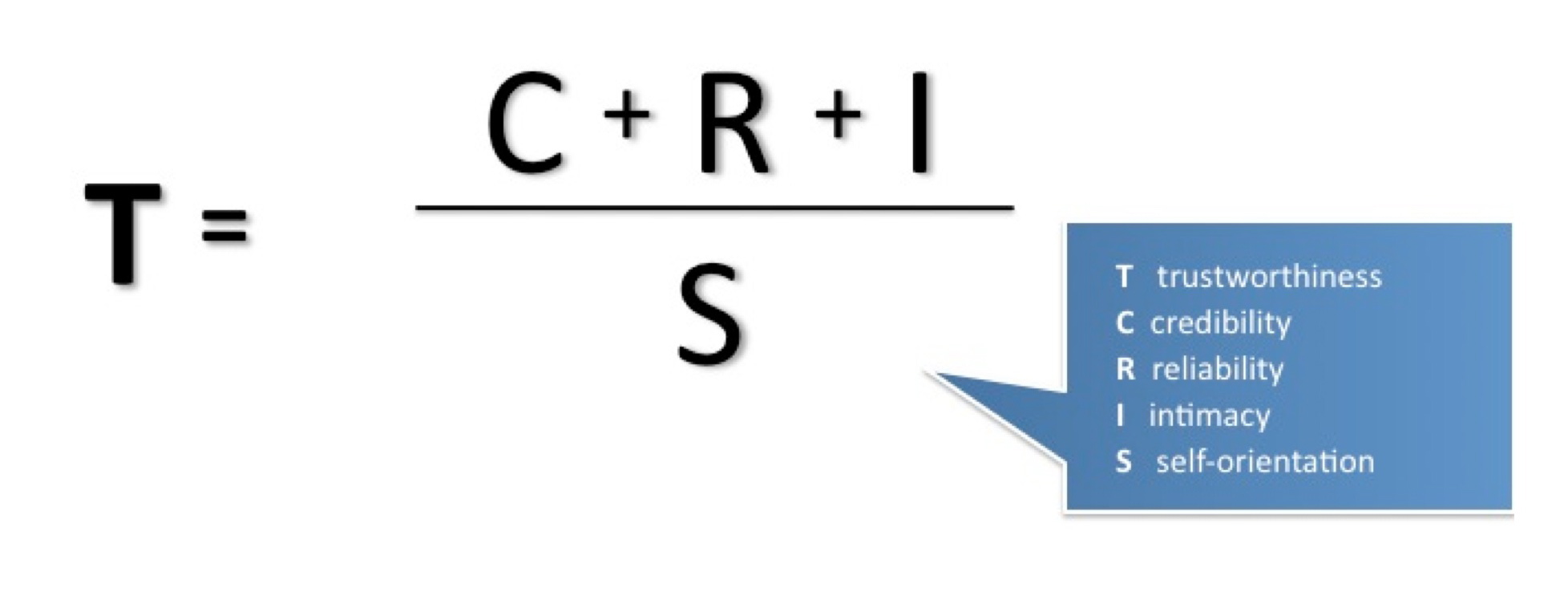 The attempted assassination of Congresswoman Giffords in Tucson this weekend is related to trust.
The attempted assassination of Congresswoman Giffords in Tucson this weekend is related to trust.
I’m not talking here about interpersonal trustworthiness. Nor am I talking about polls and surveys about which institutions or professions are up or down in the public’s sentiments.
I am talking about what the academics call “generalized trust.” (See interview with Dr. Eric Uslaner for more on this). In a nutshell, generalized trust means our inclination to trust strangers, or to believe that people by and large have good intentions toward us.
That kind of trust is suffering a long, slow, secular decline (again, see Uslaner). And the Tucson tragedy throws it into relief.
Politics, Psychology and Violence
Some people debate whether the killer was politically motivated or merely psychotic, or some combination of both. From a trust viewpoint, I think it’s irrelevant.
Similarly, it’s also not always useful to debate cause and effect: did the shooter react to socio-political dialogues, or are those dialogues caused by events like Tucson? Does the media merely report polarizing events, or does its reporting contribute to the polarization? The answer is yes.
We have seen in the US in recent years an increase in the willingness to trust “someone like me.” This is not a good thing; it mainly means a decline in the willingness to trust other sources—media, advertising, business, government. We are a society that seeks trust in self-defined groups (think inbound marketing), while seeking protection from ‘strangers.’
High trust people feel in control of their lives and expect well of others. Low trust people feel that others control their lives and that “they” have bad intentions.
Add it up and what have you got? A society increasingly polarized with declining social trust, increasing micro-tribal trust (and its cousin, demonization of other tribes), and declining civility. My tummy tells me the odds of a Jared Loughner are increased, not decreased, with this cultural soup.
Drivers of Social Trust Issues
I find myself linking to Professor Uslaner several times in this post. “Congress,” he says, “is much like the rest of us—the incivility in Congress reflects the declining trust among the public.” Congresspersons clearly have a responsibility to role model more trustworthy behavior. The business literature is replete with examples of followers emulating leaders’ behaviors; Congress should read it.
The media are another key constituency. The old media is under economic attack from other media—blogs, tweets, YouTube—which offer far greater immediacy. We all lose when mainstream media start playing SEO games with headlines.
Business leadership is a critical part of the puzzle. Steeped in a 40-year ideology of competition, and seasoned with neo-Randian economics, business has come to believe far too much that all business is about doing battle with regulators and customers, confusing ‘ethical’ with ‘legal.’ The belief that everyone’s out to get you is not conducive to social trust.
What Pogo said is also true: we have met the enemy and he is us. I saw a blogpost today that was critical of Francis Fukuyama’s book Trust. Except that the blogger hadn’t read the book. He was suspicious of it because he didn’t like the title of another Fukuyama book—which, again, amazingly, the blogger had not read.
We accept far too readily emotional outbursts as substitutes for dialogue. The online comment columns on daily newspaper stories are full of graffiti—a (usually venomous) opinion with a name attached.
How to Restore Social Trust
Uslaner is very clear in his prescription. What destroys trust is corruption, economic inequality, suspicion, and lack of education. You may not like it, but the data show greater economic inequality and lower levels of education lead to lower social trust.
Leaders have to step up to the challenge of acting like leaders. The US Congress and politicians in general have done a conspicuously poor job of this. That Congresswoman Giffords appears to have been an exception to that rule simply draws the irony more sharply.
The media have to figure out another economic model besides emulating the tabloids and creating blogysteria. The Shirley Sherrod case was a lesson for anyone listening. Thus far, it seems like it’s been relegated to the archives.
Business has simply got to drop the selfish ideology it has embraced. Institutions like the Chamber of Commerce need to stop fighting government and begin working with it. Business schools have got to stop teaching ethics in one classroom and contradicting it in strategy classes down the hall.
And the rest of us: we all need, in our little daily behaviors, to adopt better manners. Civility. Respect. Empathy. Listening to the other person.
The link between an uncivil society and a society terrorized by psychotics is hard to prove, but not hard to feel. Aristotle suggested that actions arose from character and from thoughts. Combative people talking hard-talk are suborning bad behavior from those around them.
There are no quick fixes to trust. Seeing this as mainly an issue of better police protection would be a profound mistake.



 You probably want your customers to trust you. And you probably tell them the truth about why they should buy from you.
You probably want your customers to trust you. And you probably tell them the truth about why they should buy from you. Beginning just three years ago, some large firm legal fees reached that amount – about $17/minute – providing fodder for legal bloggers, and Internet articles on a variety of topics, including
Beginning just three years ago, some large firm legal fees reached that amount – about $17/minute – providing fodder for legal bloggers, and Internet articles on a variety of topics, including  I’m a huge fan of country music. In small doses, that is. One of the great things about country music is how it speaks to the heart, about real human emotions.
I’m a huge fan of country music. In small doses, that is. One of the great things about country music is how it speaks to the heart, about real human emotions. My unscientific sampling says many people make New Years resolutions, but few follow through. Net result—unhappiness.
My unscientific sampling says many people make New Years resolutions, but few follow through. Net result—unhappiness. I seldom get to deal in up-beat stories. At the heart of my practice in financial litigation and disputes lie the predations of the white-collar malefactors, abusing their roles of public and private trust in ways of questionable legality and dubious ethics and morals.
I seldom get to deal in up-beat stories. At the heart of my practice in financial litigation and disputes lie the predations of the white-collar malefactors, abusing their roles of public and private trust in ways of questionable legality and dubious ethics and morals. Kierkegaard
Kierkegaard